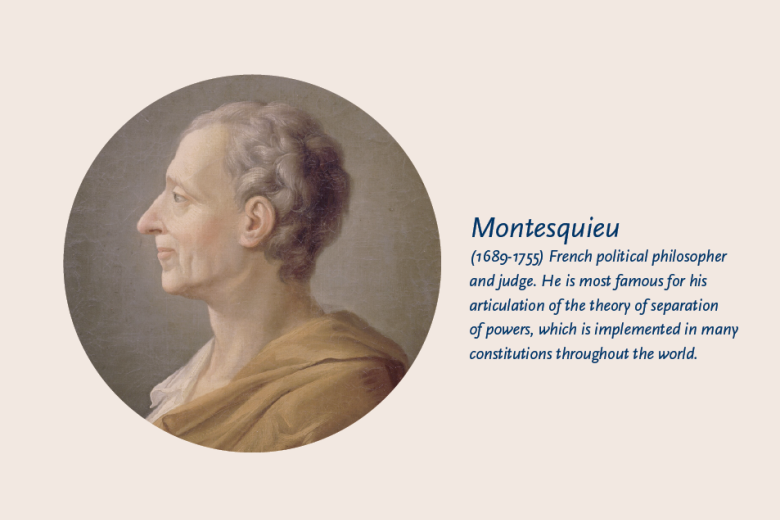Courts entering the political thicket to the rescue of parliaments
It is often said that courts, when exercising judicial review or settling constitutional conflicts, may enter the political domain and take the seat of parliament or politics as the representative of the people and the body to which governments should be accountable. However, in light of quite a few court rulings in recent years this statement is evidently false.
Indeed, courts may also be seen as strengthening the powers of parliaments and parliaments ought to appreciate this welcome ally in their struggle to hold the executive powers accountable and to exercise due scrutiny.
The most recent example is the November 3rd, 2016 High Court judgment in the UK ruling that indeed parliament must be involved in any art. 50 TEU Brexit decisions. Other examples are to be found in case law of the German constitutional court pertaining to among others the ratification of the ESM treaties and the development of a German statute laying down the rules and powers of parliament when it comes to EU matters. The ESM decision even led to changes in the ESM treaty making it possible for the German government to involve the Bundestag in each and every case of ESM aid to be paid out to a member state. These decisions have in common that they alert and empower the national parliament, that apparently was not in a position or not willing to enforce its role as ultimate political body and lawmaker, to which the executive must be held accountable.
This line of case law sits well in parliamentary systems in which it could be argued that parliamentary control has suffered under the necessity to support its government in power (and which thereby is also controlled by the government in power and the accompanying majority), also taking into account the increasing powers of executives under trends of globalization, Europeanisation and transfers of powers to the EU level. When parliaments are not able, because of its majority link to the executive, to hold a government not only in power but also accountable, and to assert its proper role of legislative and representative body which has to take the essential and fundamental decisions of and for a nation, it is good that courts have stepped in and remind the parliaments of their duties and roles.
It could be said that courts have come to the rescue of democracy and of the parliamentary system of government. This is a strong argument for judicial review and also for its democratic underpinnings, and furthermore for the belief that judicial review, also because the high esteem of the courts in many societies, assists in the legitimacy of our parliamentary system, constitutional system and state powers.
-
House of Cards: when your worst enemy is one of your own
In the 1980s, in the heyday of Thatcherism, Scottish actor Ian Richardson starred in the leading role of Francis Urquhart in the BBC series House of Cards. In it, Urquhart, who starts out as the Chief Whip for the Conservative government led by Thatcher’s fictional successor, schemes against and...

-
Johan Rudolph Thorbecke
(1798-1872). Dutch liberal statesman. Drafted the 1848 revision of the Dutch Constitution that established the parliamentary system.

-
Montesquieu
Since the educational spaces in our faculty have all been named, we would like to tell about the background of the elected jurists and cases. Through a series of blogs we want to make the names come to life and show that our building houses a legal faculty. After all, not everyone knows all the ins...
